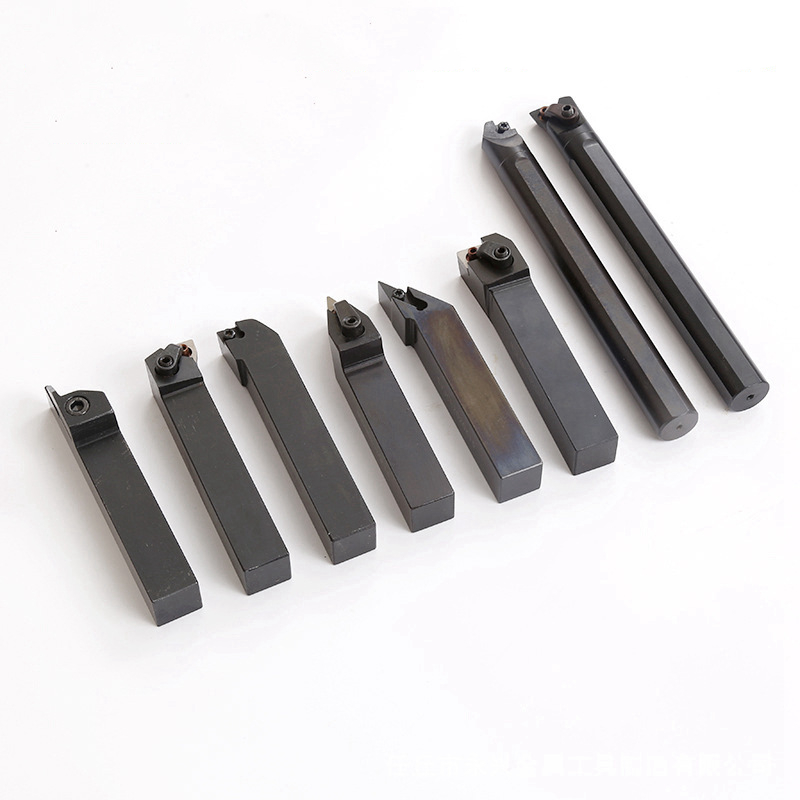High-Speed Steel (HSS) tool bits are an essential component in the world of precision machining. These cutting tools are designed to withstand high temperatures and maintain their hardness, making them ideal for a wide range of machining applications. In this article, we will explore the characteristics of HSS tool bits, their applications, and the benefits they offer to machinists and manufacturers.
HSS tool bits are made from a special type of steel that contains high levels of carbon, tungsten, chromium, vanadium, and other alloying elements. This unique composition gives HSS tool bits their exceptional hardness, wear resistance, and ability to retain their cutting edge at high temperatures. As a result, HSS tool bits are capable of machining a variety of materials, including steel, stainless steel, cast iron, and non-ferrous metals.
One of the key advantages of HSS tool bits is their ability to maintain their cutting edge at high speeds and feeds. This makes them well-suited for high-speed machining operations, where the cutting tool is subjected to intense heat and friction. The heat resistance of HSS tool bits allows them to operate at higher cutting speeds without compromising their performance, resulting in improved productivity and efficiency in machining processes.
In addition to their heat resistance, HSS tool bits also exhibit excellent wear resistance, which prolongs their tool life and reduces the frequency of tool changes. This is particularly beneficial in high-volume production environments, where minimizing downtime and tool replacement costs is crucial. The durability of HSS tool bits makes them a cost-effective choice for manufacturers looking to optimize their machining operations.
Furthermore, HSS tool bits are known for their versatility and ability to produce a wide range of cutting profiles. Whether it’s turning, facing, boring, or threading, HSS tool bits can be ground to various geometries to meet specific machining requirements. This flexibility allows machinists to achieve precise and complex machining operations with ease, making HSS tool bits a valuable asset in the manufacturing industry.
The applications of HSS tool bits are diverse, ranging from general-purpose machining to specialized operations in industries such as automotive, aerospace, and medical device manufacturing. In metalworking, HSS tool bits are commonly used in lathes, milling machines, and drilling equipment to produce components with tight tolerances and superior surface finishes. Their ability to handle a wide range of materials and machining processes makes them indispensable in the production of precision parts and components.
When it comes to selecting HSS tool bits, machinists have a variety of options to choose from, including different grades, coatings, and geometries. The selection of the appropriate HSS tool bit depends on factors such as the material being machined, the cutting operation, and the desired surface finish. Machinists can also customize HSS tool bits to suit their specific machining needs, whether it’s creating custom cutting profiles or optimizing tool geometries for enhanced performance.
In conclusion, HSS tool bits play a critical role in precision machining, offering exceptional heat resistance, wear resistance, and versatility. Their ability to withstand high cutting speeds and feeds, coupled with their durability and ability to produce a wide range of cutting profiles, makes them an indispensable tool for machinists and manufacturers. As the demand for high-precision components continues to grow, HSS tool bits will remain a cornerstone of the machining industry, driving innovation and excellence in manufacturing processes.










